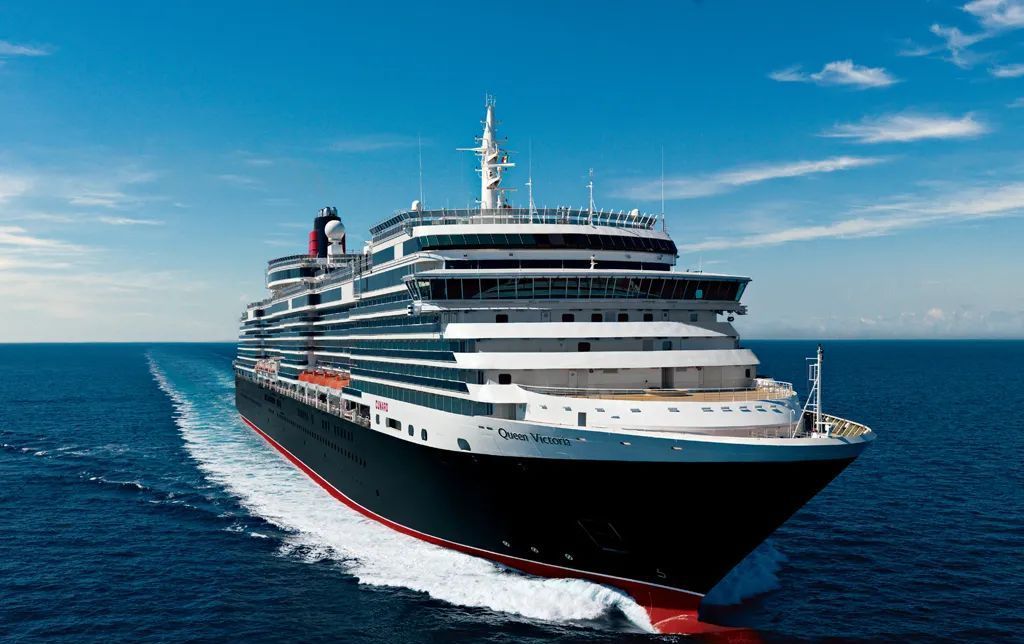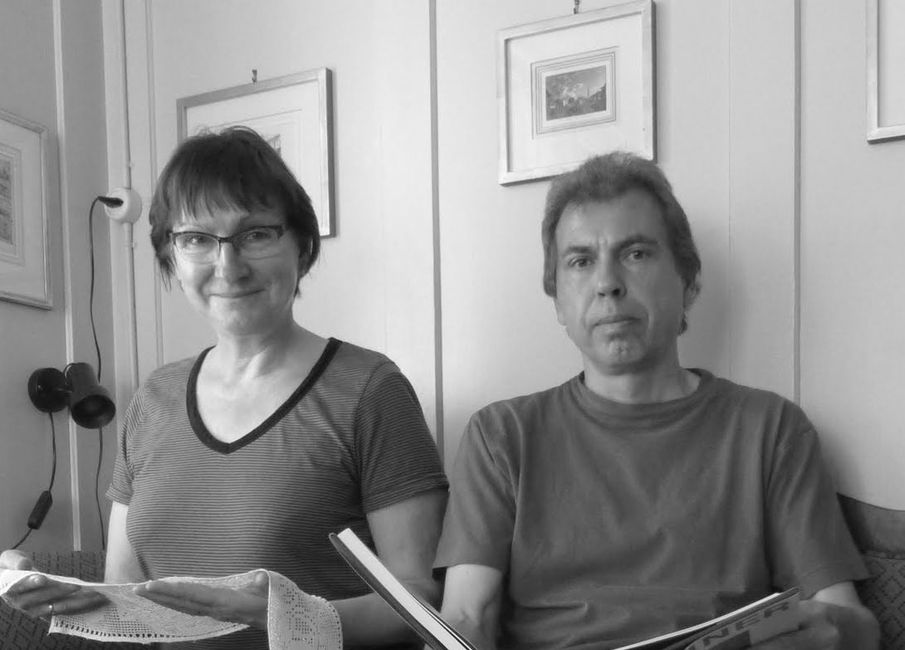Abu Dhabi, United Arab Emirates, April 1, 2023
Çap edildi: 01.04.2023
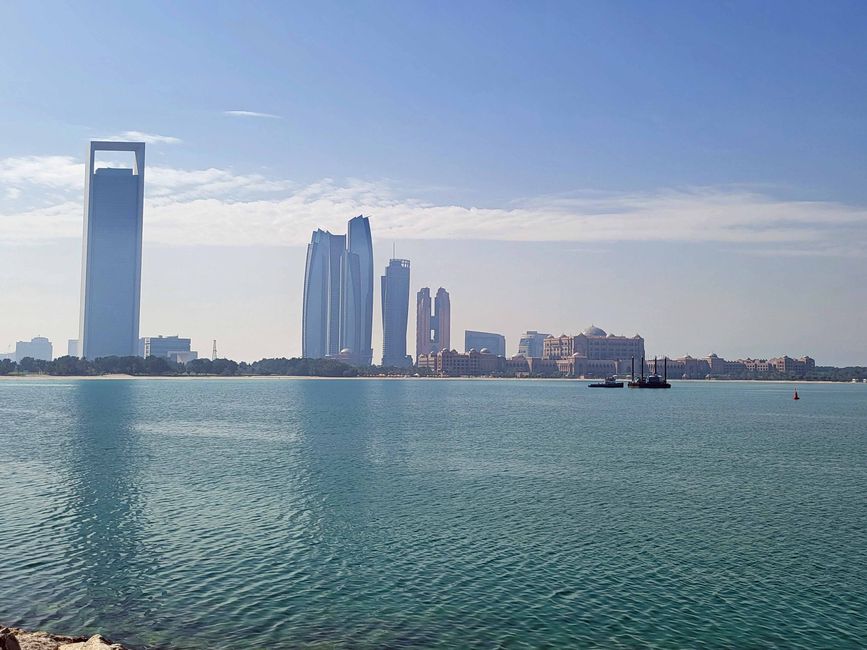
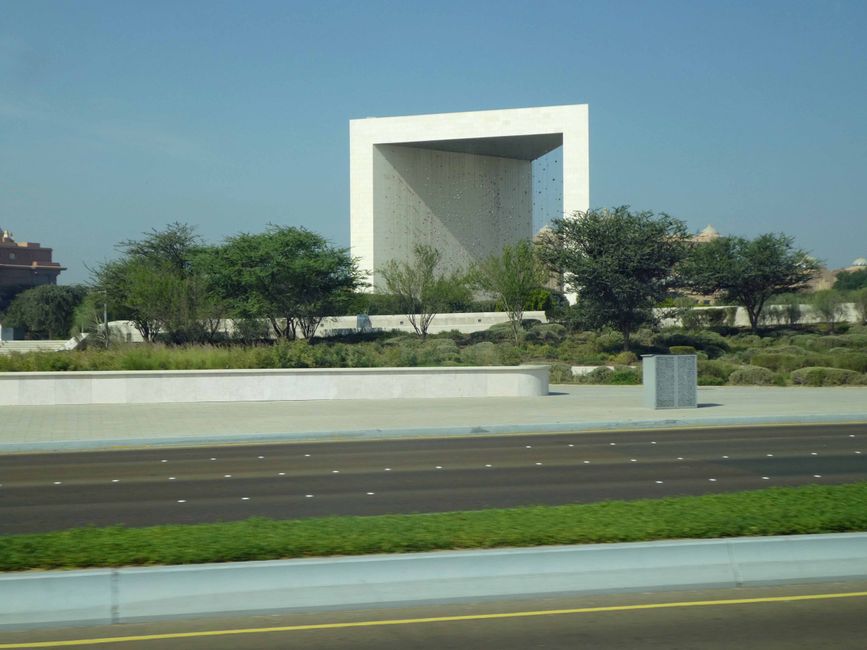
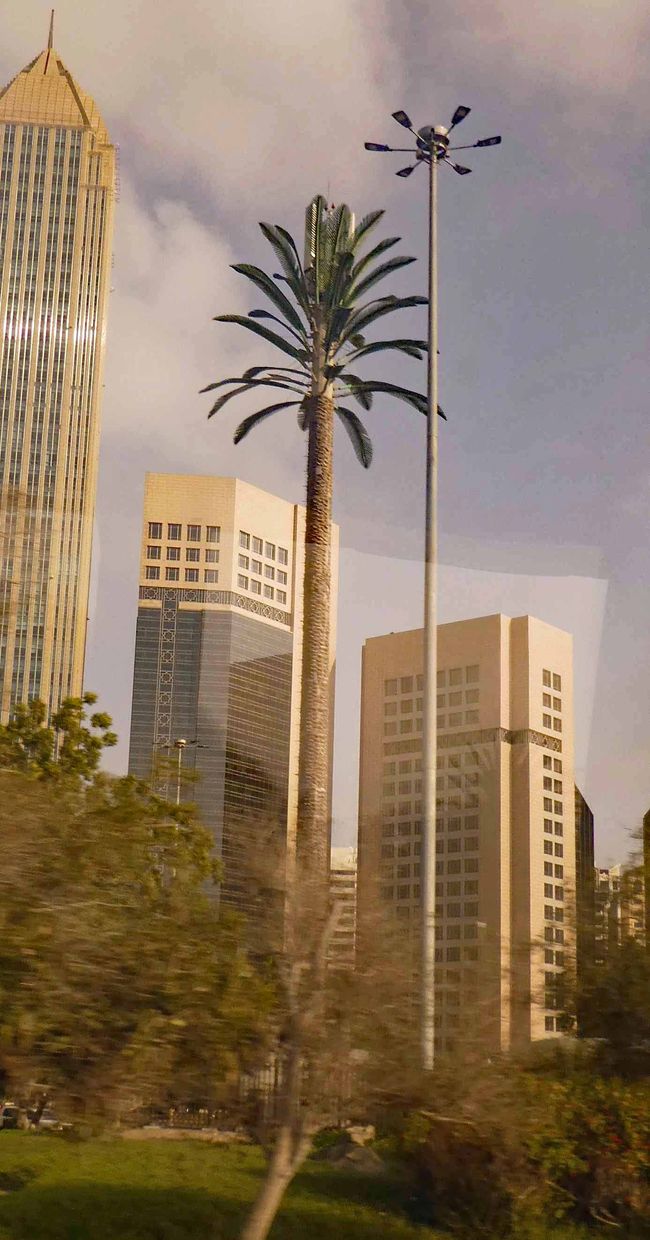
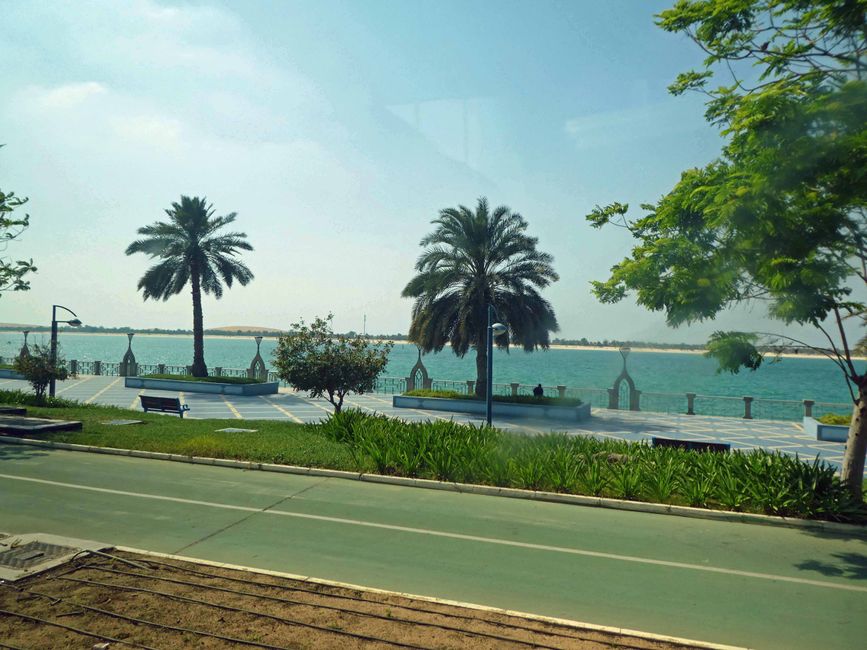
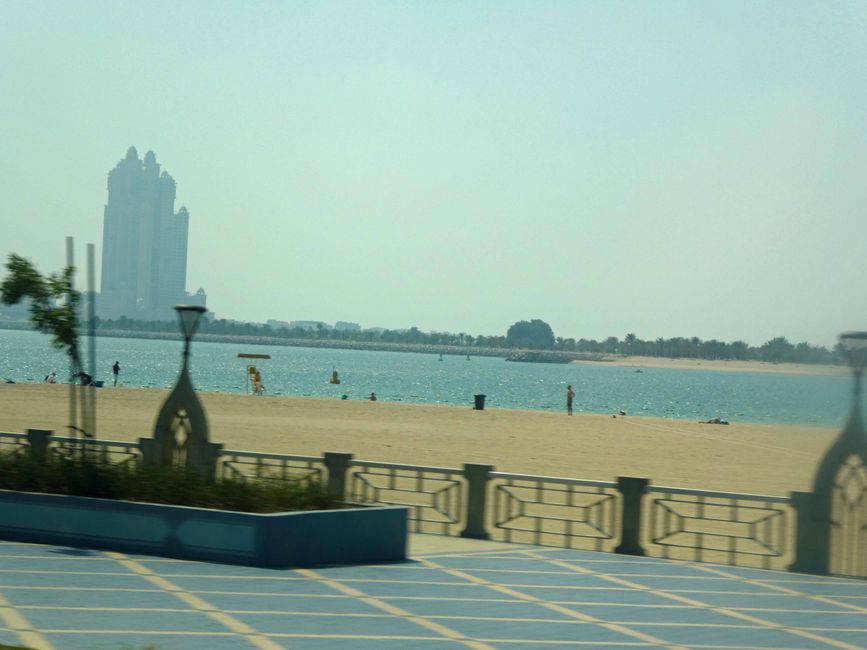
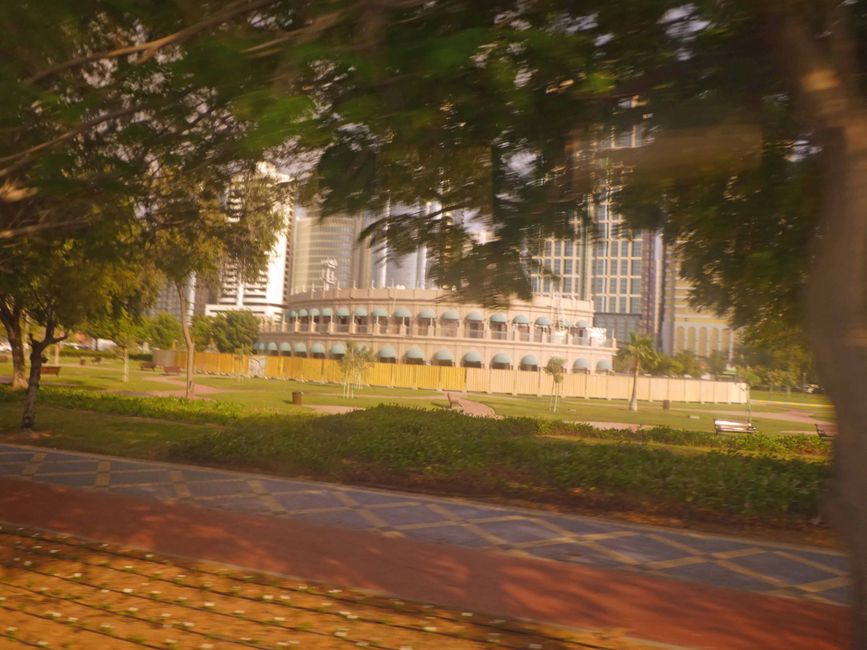
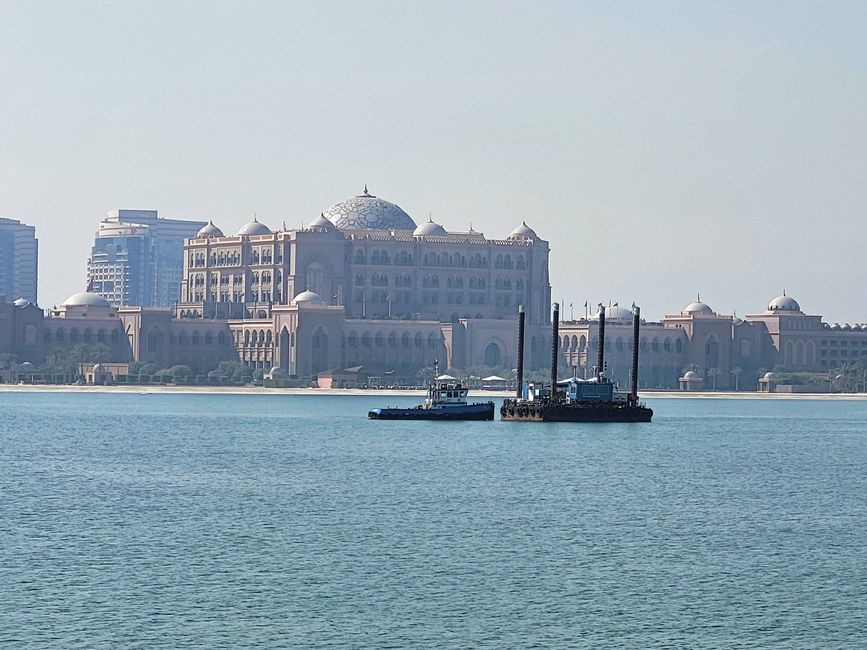
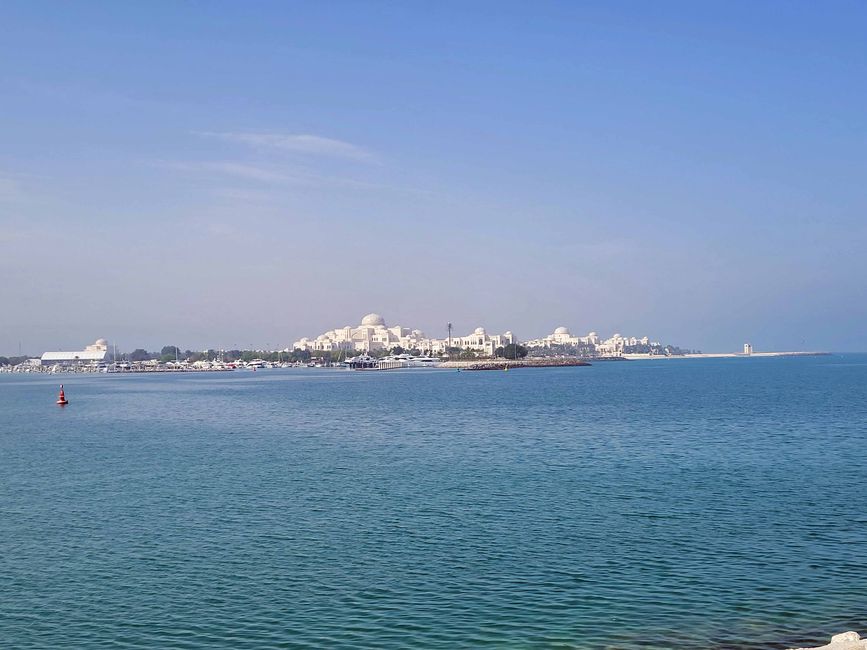
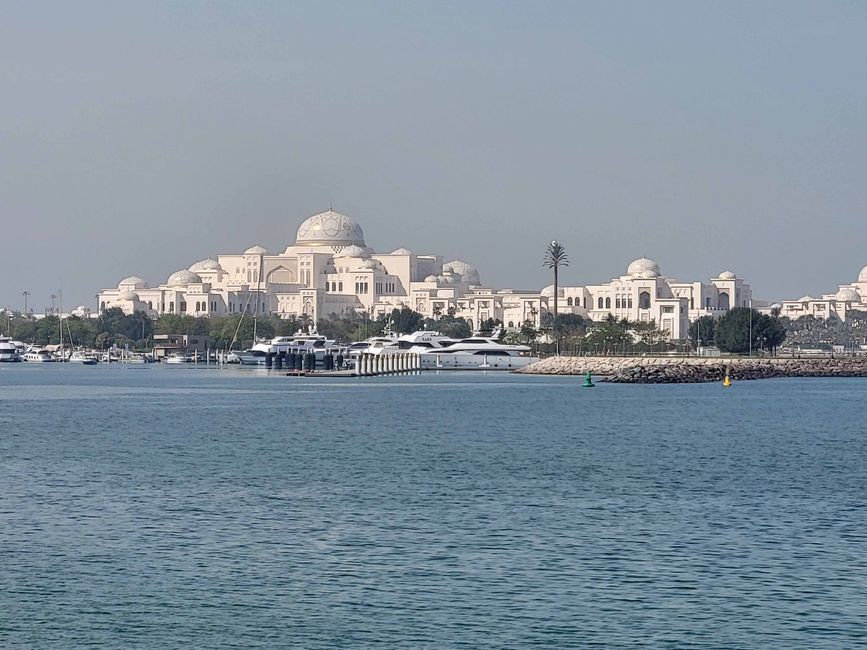
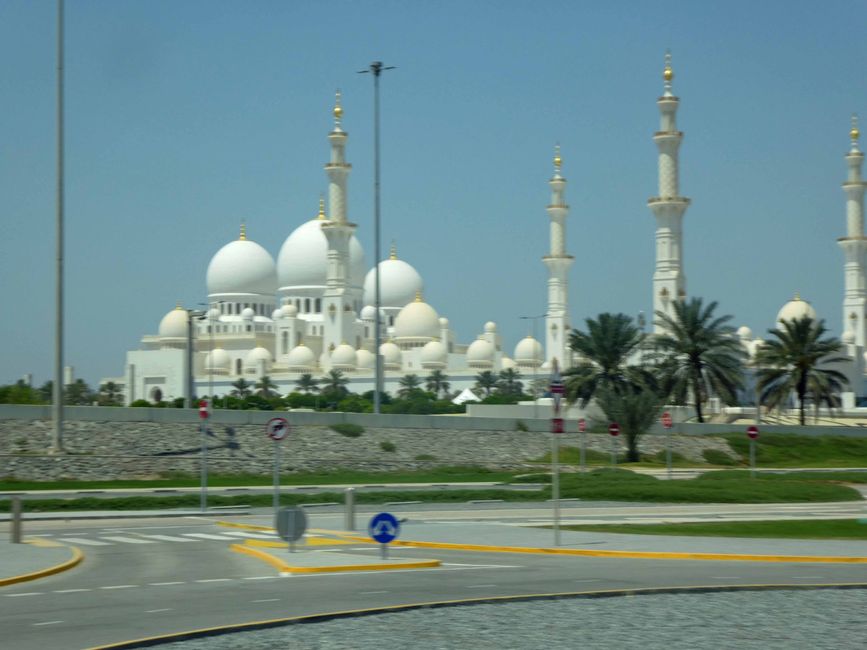
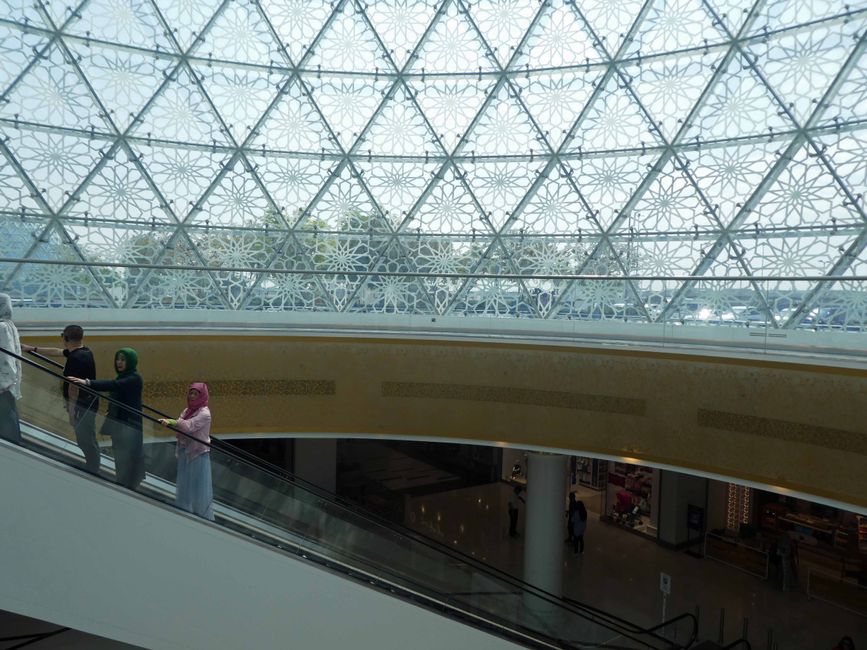
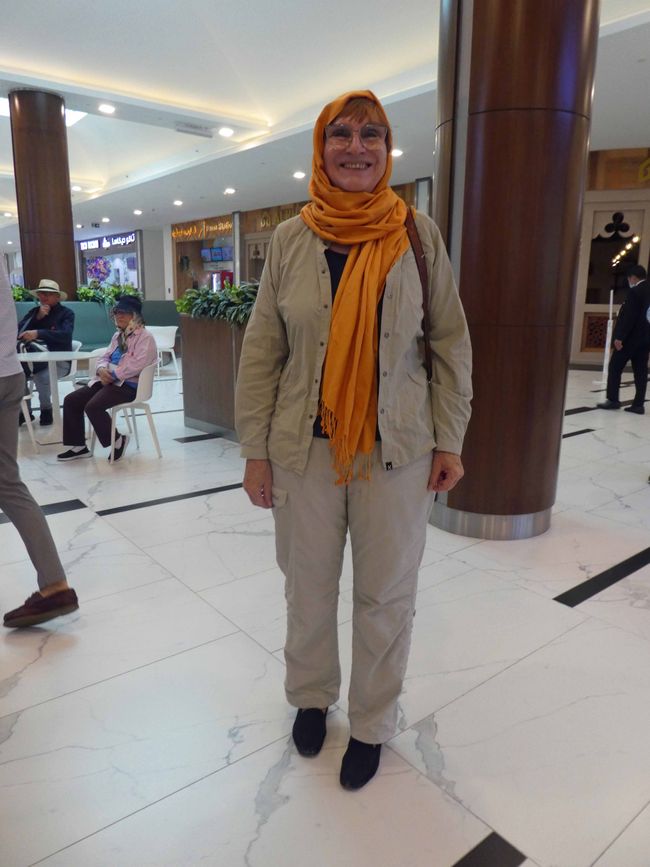
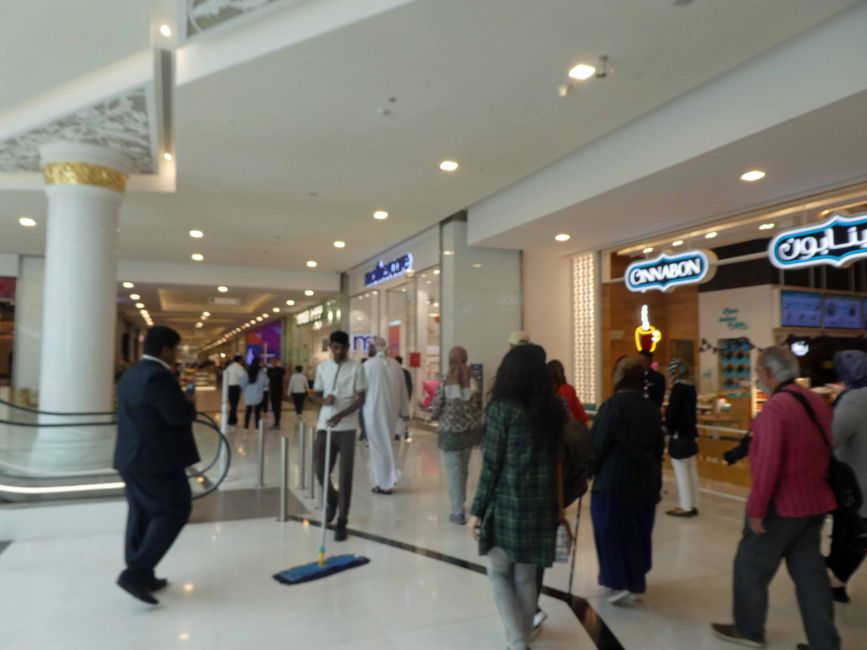
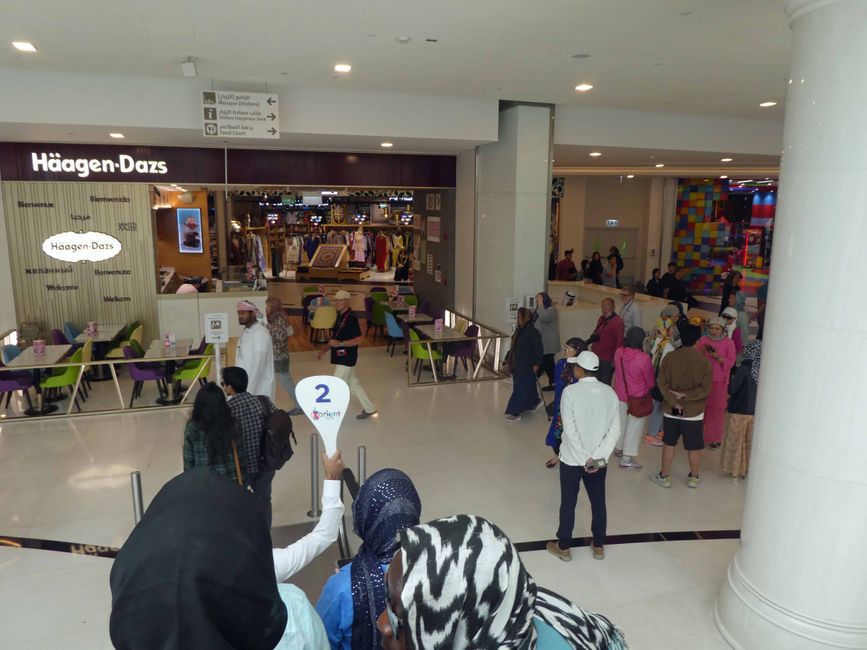
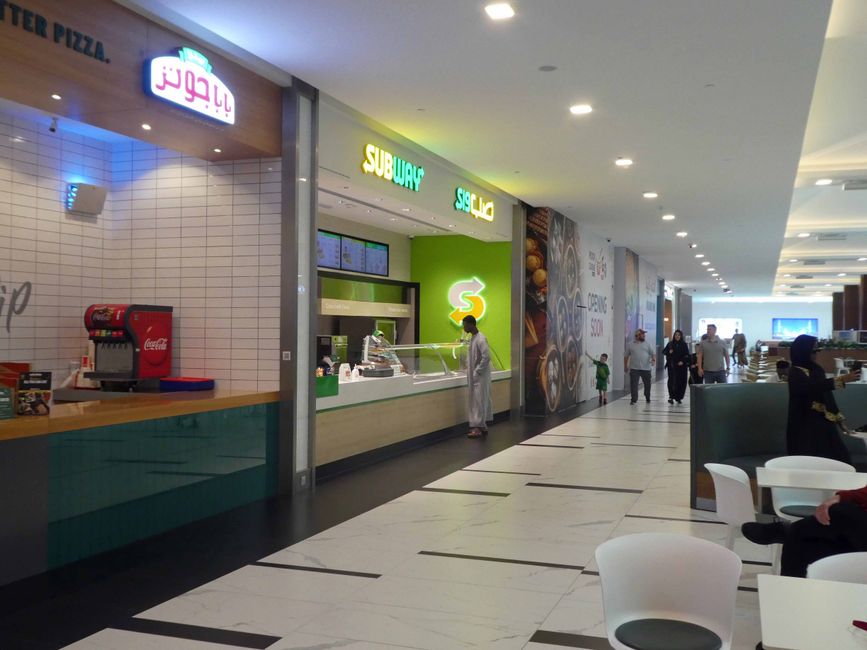
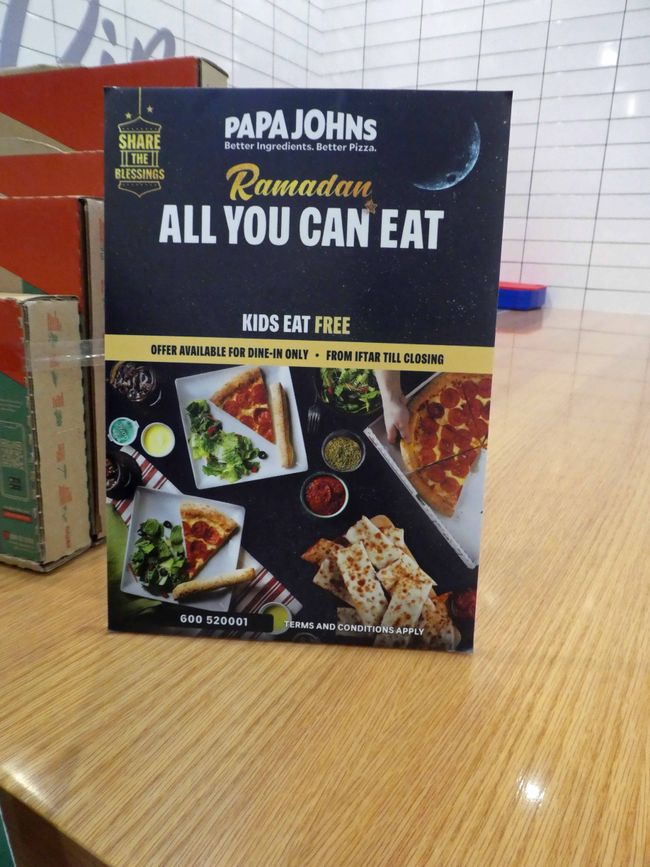
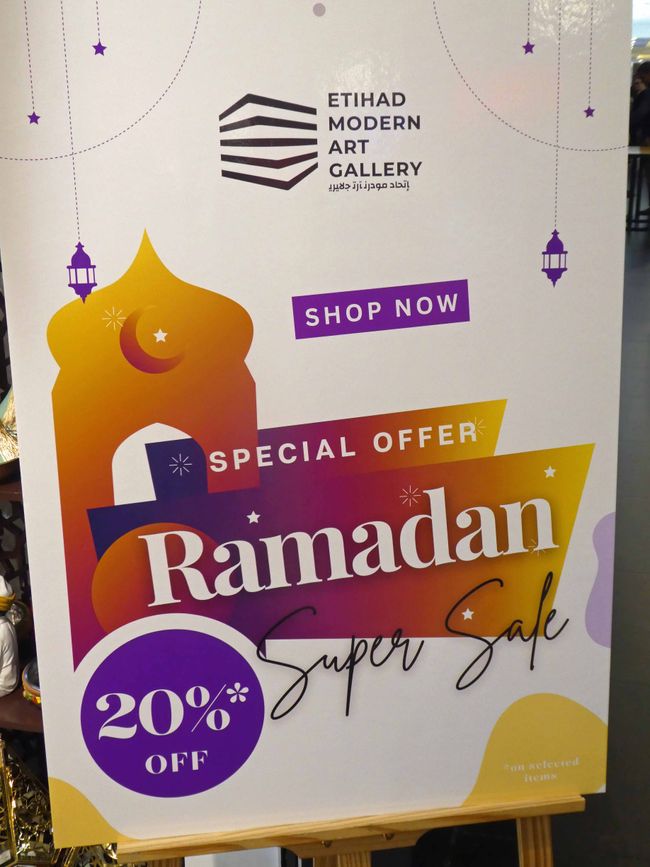
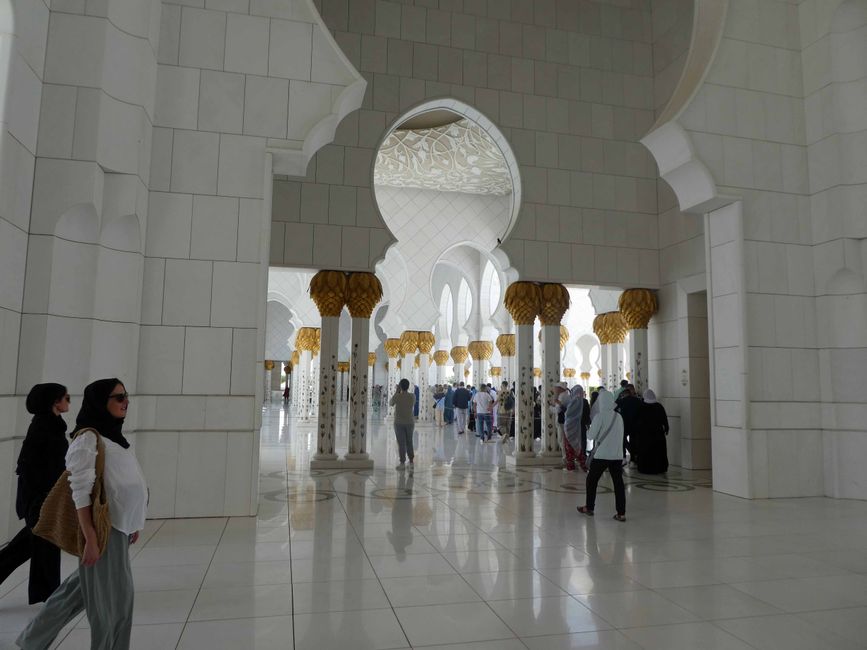
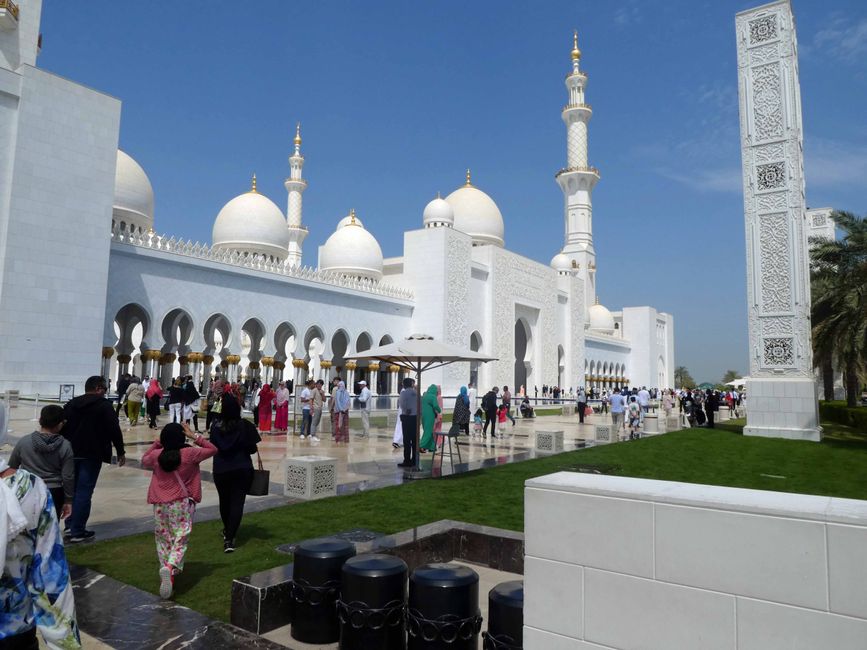
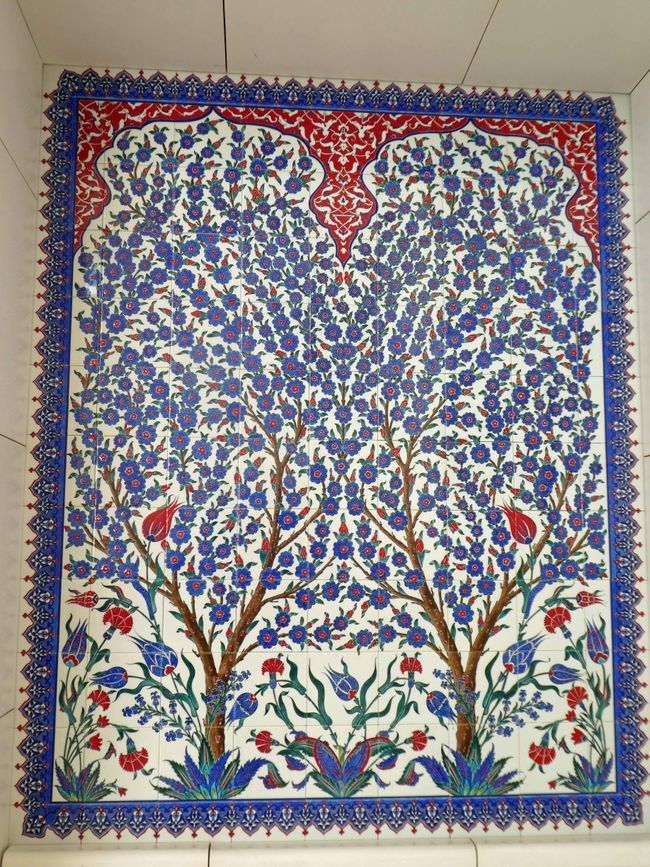
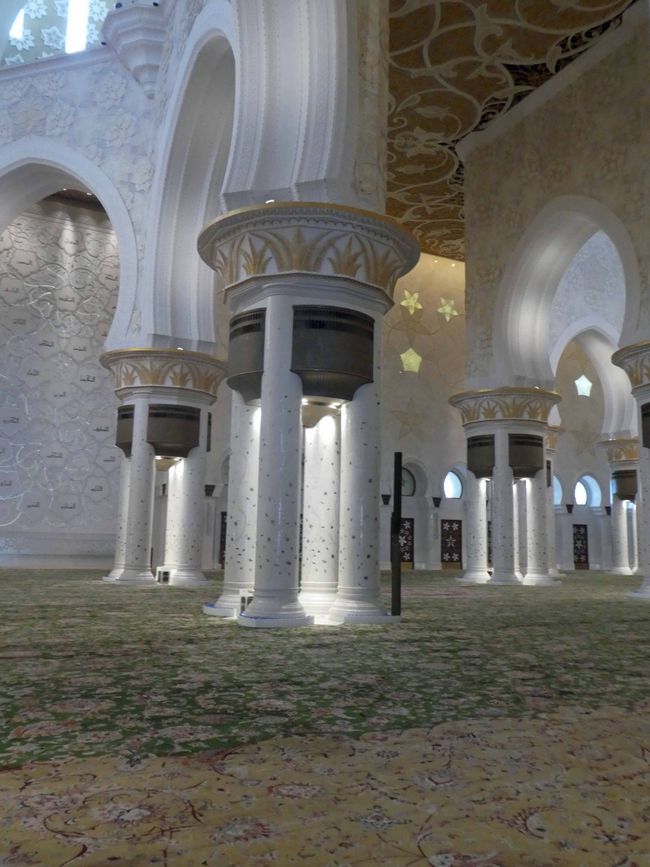
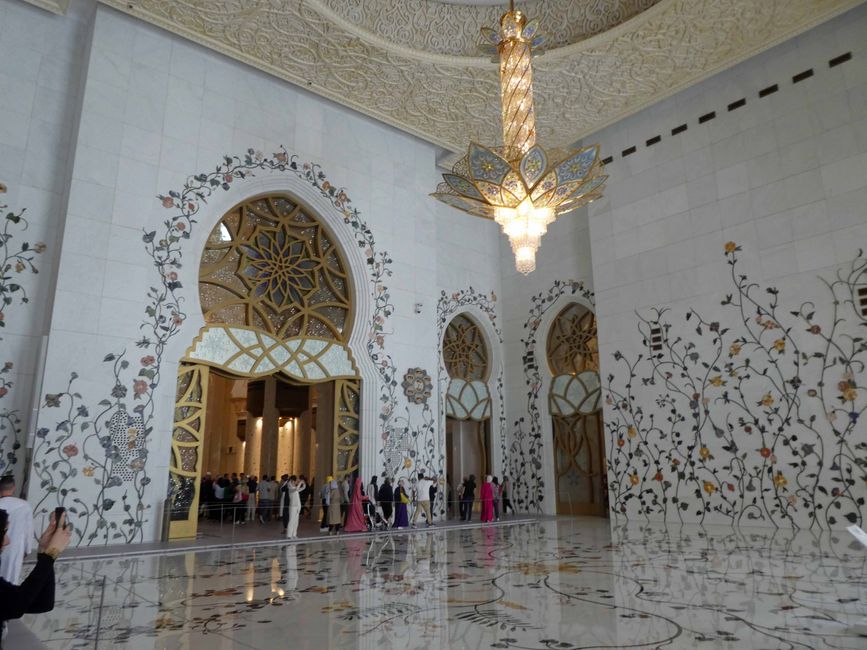
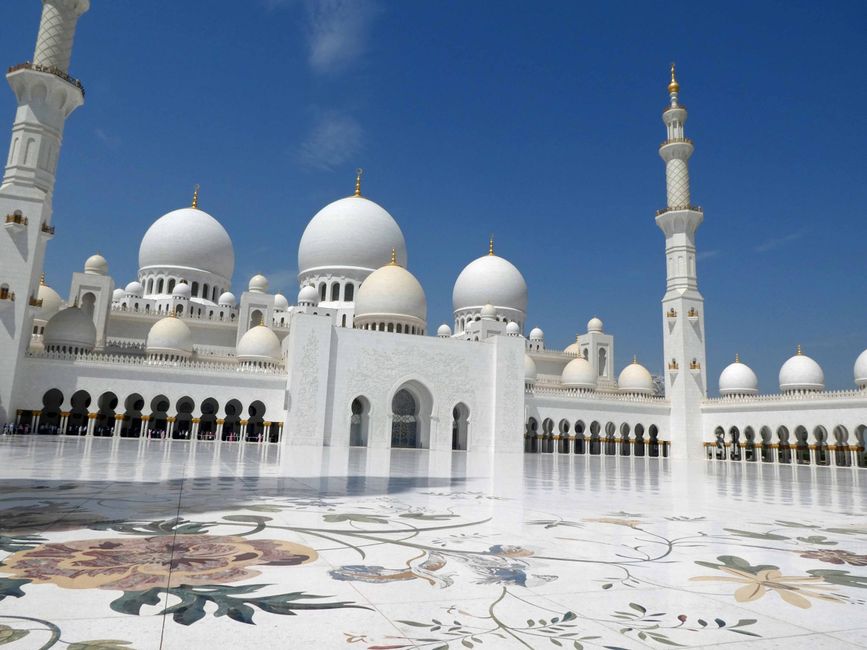
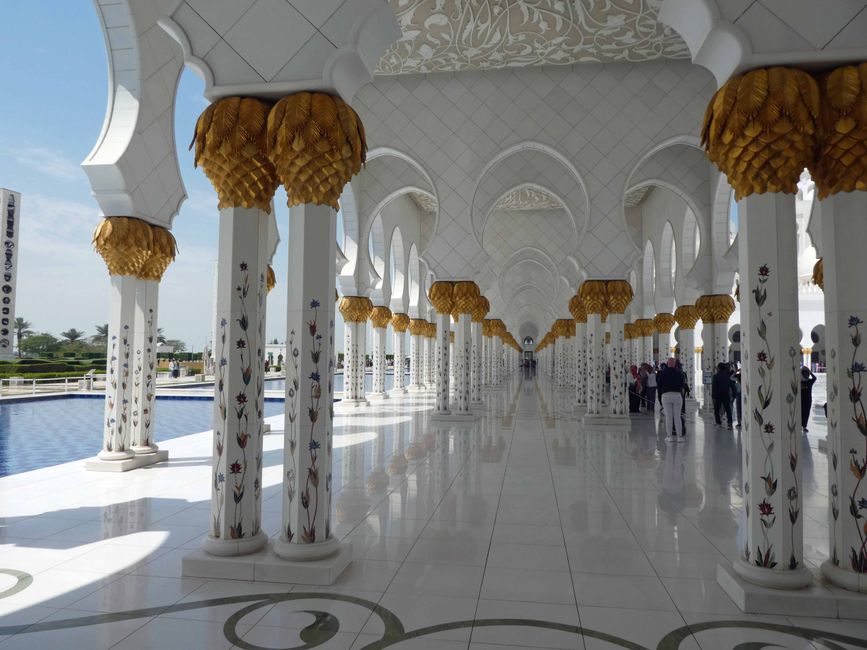
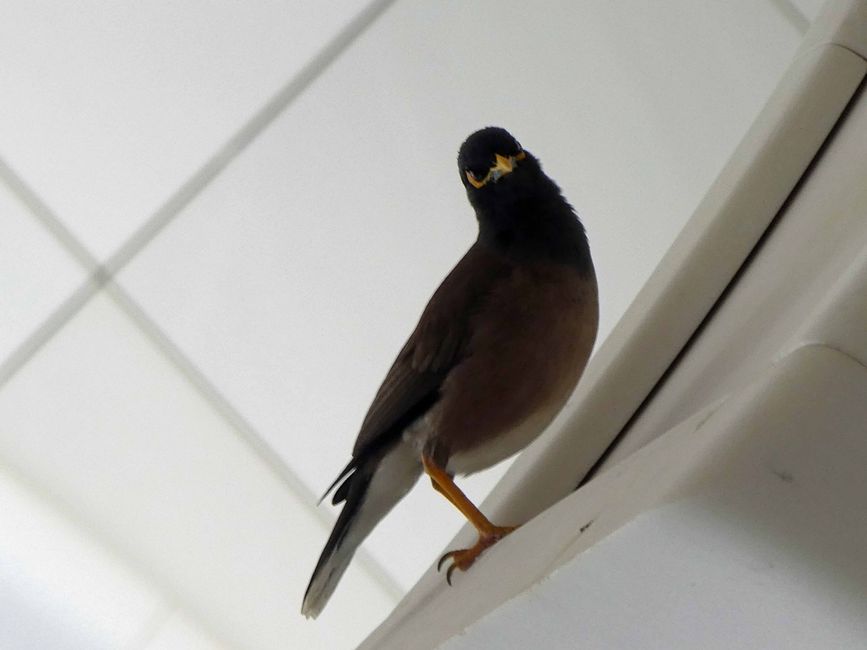
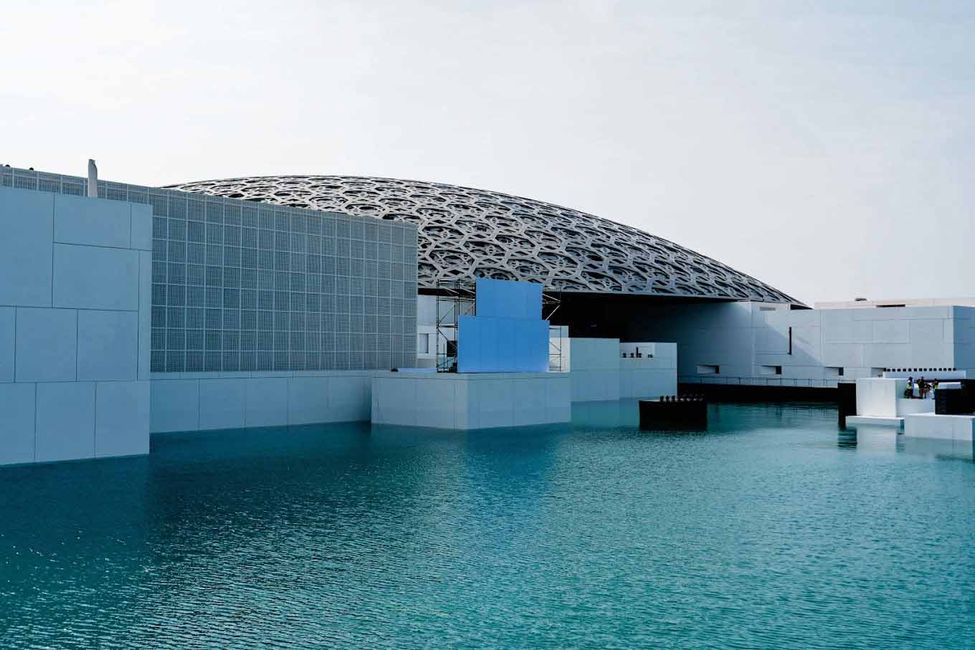
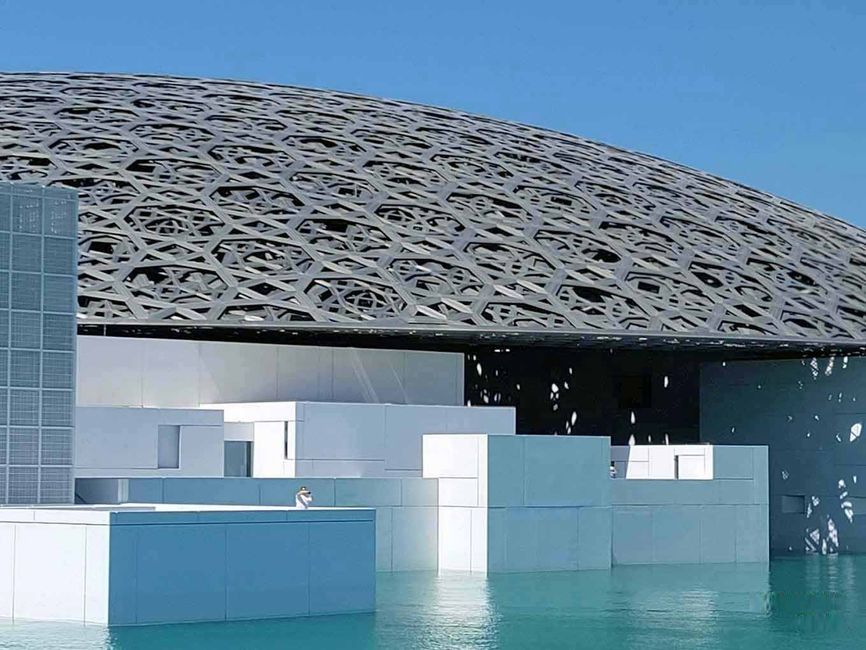
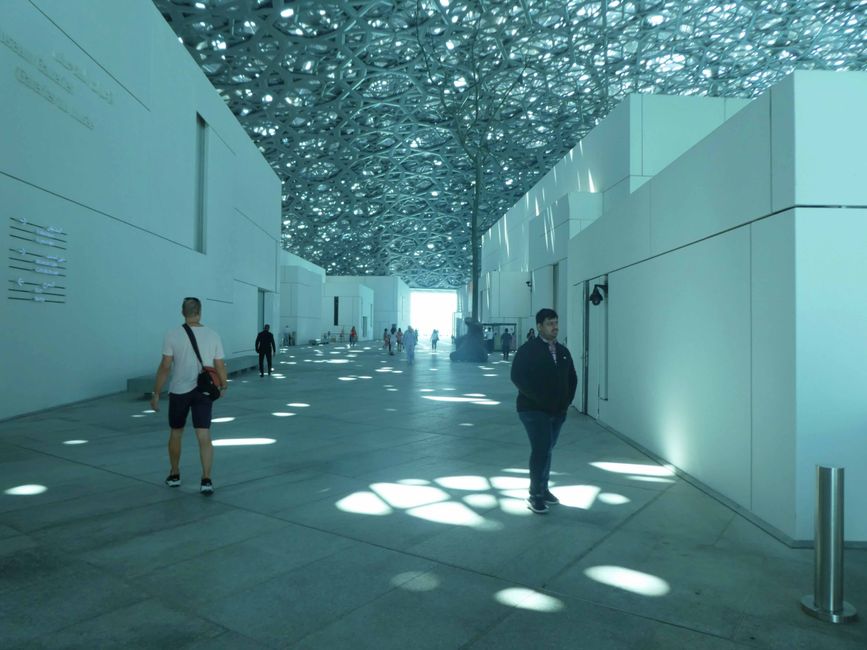
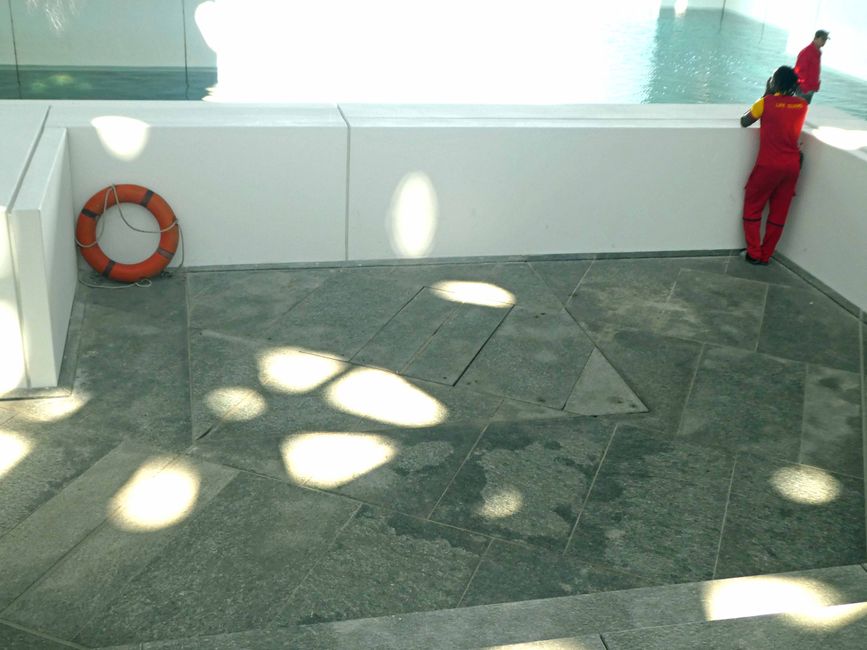
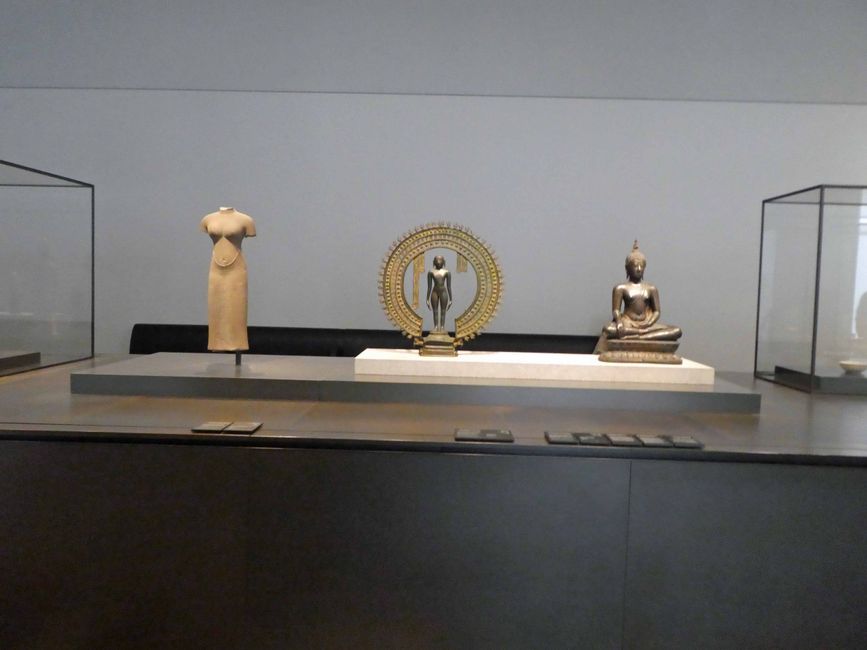
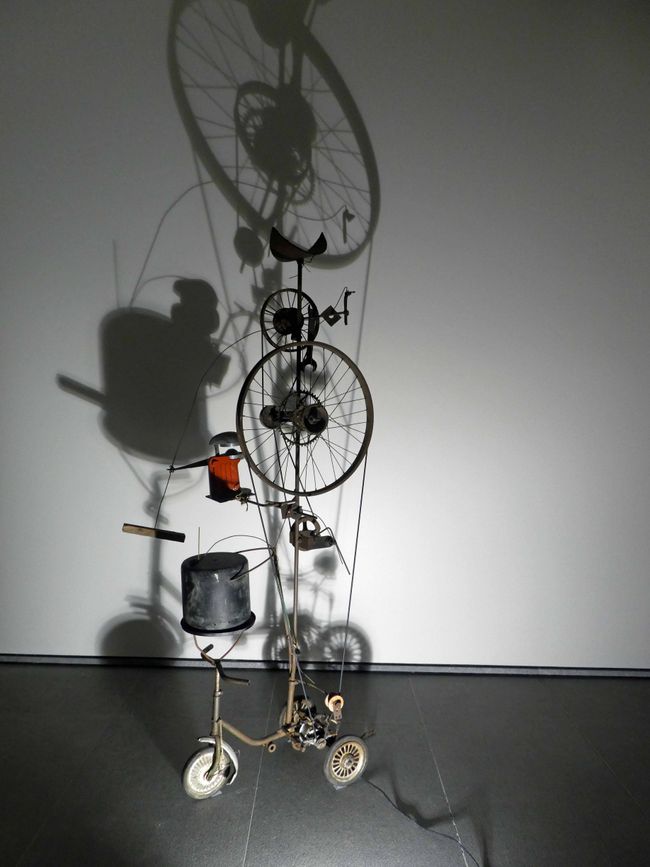
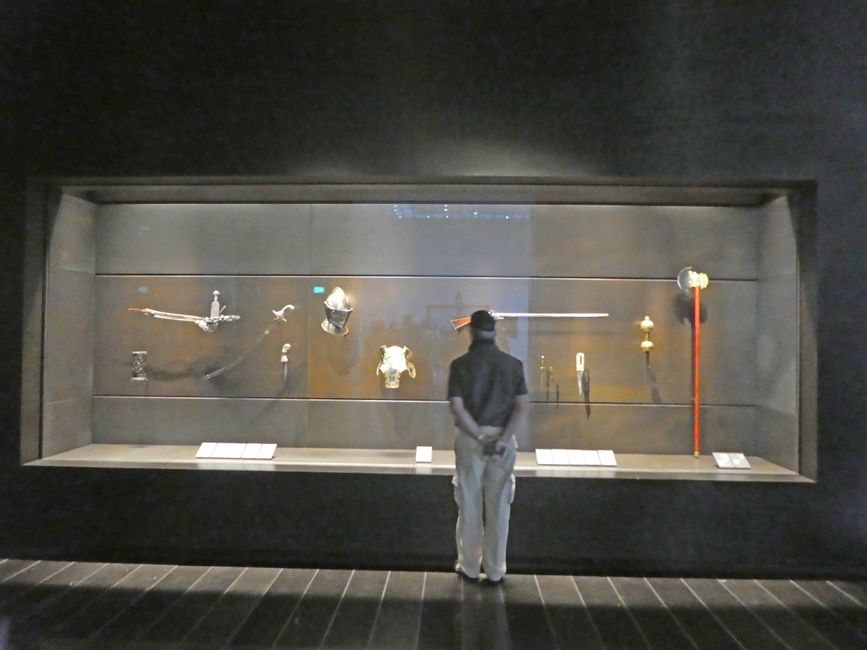
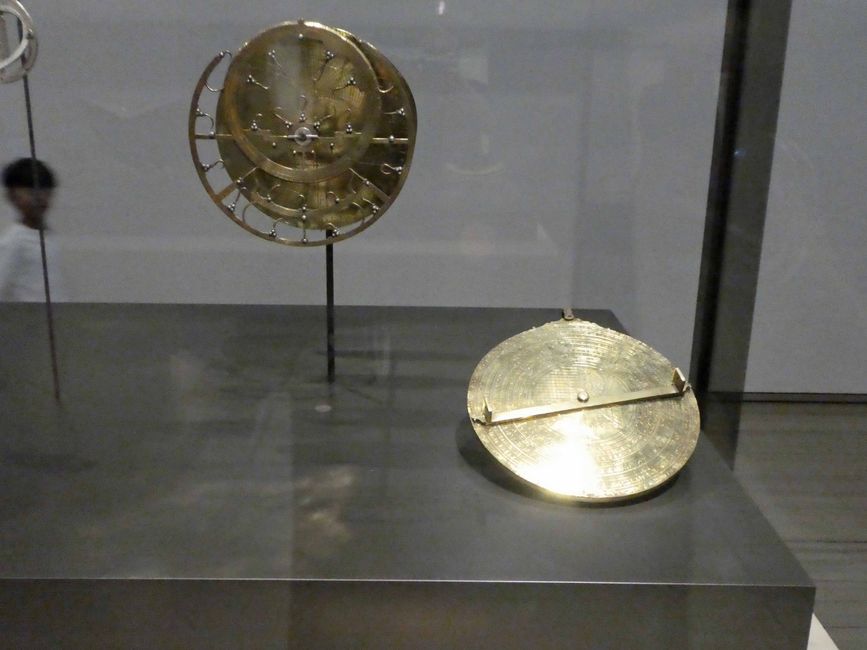
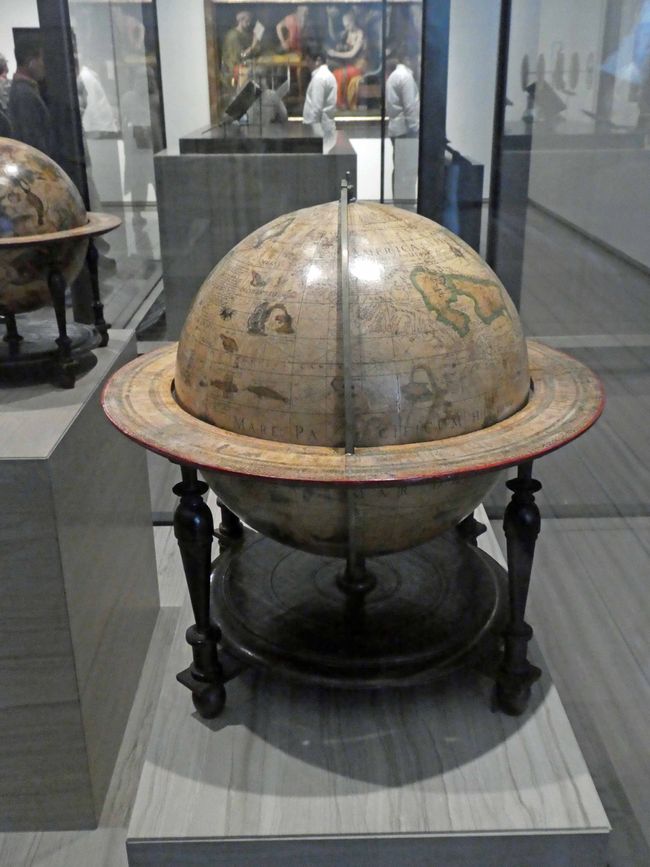
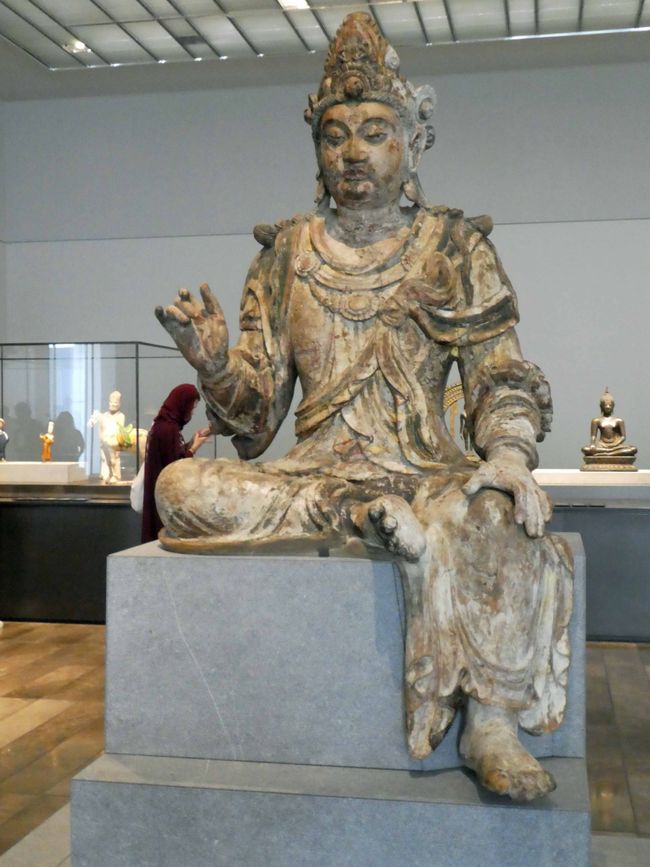
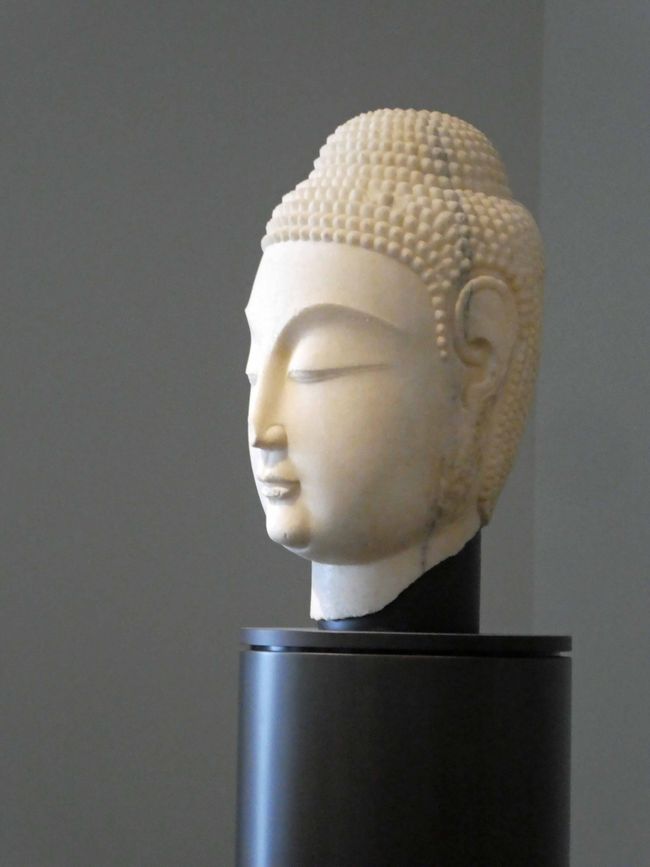
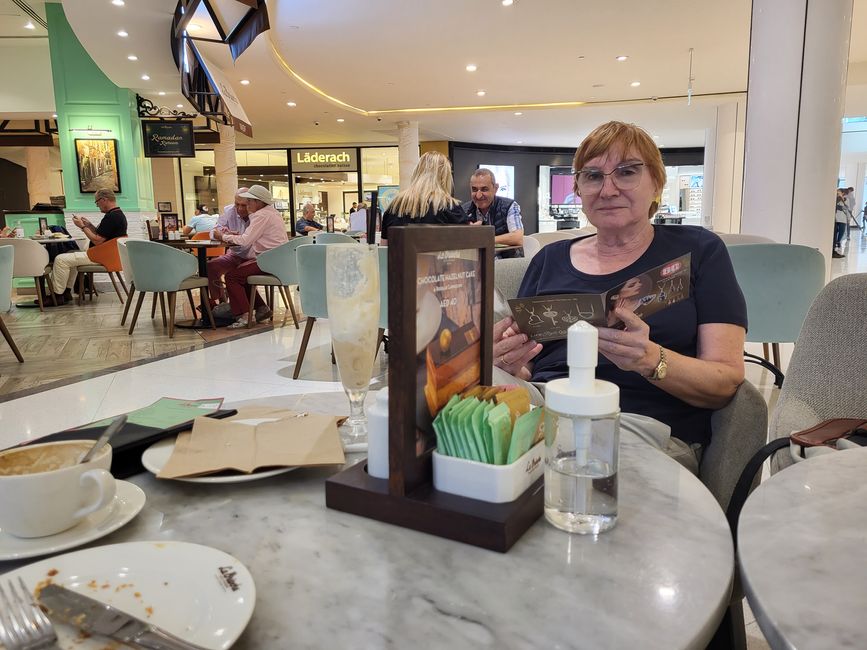
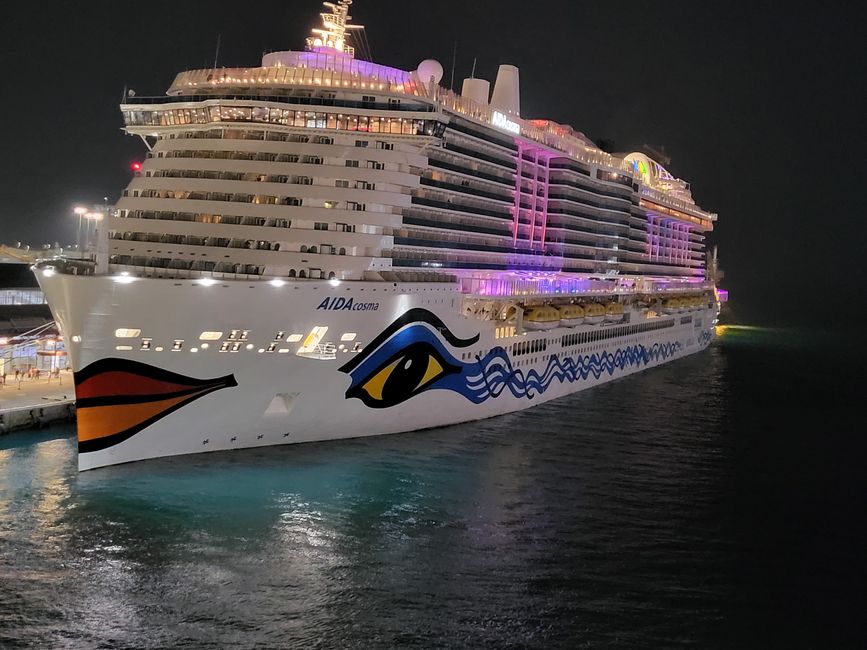
Habar býulletenine ýazylyň
There was no April Fool's joke with us, at least none that we noticed.
So now we have arrived in the Arab world, in Abu Dhabi. The weather is pleasant, with temperatures ranging from 22 to 25°C.
Abu Dhabi is characterized by very tall skyscrapers, reaching almost 400m high. In between, there is a lot of greenery and, unusually for the Arab world, there are beaches. However, it all feels lifeless and soulless. There isn't even much traffic. People appreciate Abu Dhabi because it is safe (who wants to have their hand or head chopped off) and there is no income tax to pay. The citizens are well taken care of by the Sheikh - when you get married, you receive money for the wedding and a house. In a good year, the government even pays the credit card bills. However, these privileges are only for the citizens, who make up only about 20% of the permanent resident population.
The state wants to invest primarily in sustainability and ensure that Abu Dhabi thrives even after the age of fossil fuels. However, there is a stark contrast between aspiration and reality. We haven't actually seen anything sustainable. For example, we haven't seen a single solar or wind power plant. Whether the skyscrapers or the green areas watered with treated seawater are sustainable would need to be examined.
Today, we mainly visited the Sheikh Zayed Mosque, the largest mosque in the United Arab Emirates, the Abu Dhabi Louvre, and a new shopping mall.
The mosque is considered a must-visit and therefore attracts many tourists. However, unlike other mosques, we didn't see any praying believers. The main building of the mosque is reached through underground halls. Surprisingly, there are shops selling clothes, jewelry, cosmetics, restaurants, etc. in these underground halls, below the mosque. Even during Ramadan, you can eat and drink under the mosque. In fact, there are special offers and discounts because of Ramadan.
The mosque is certainly elegant (with a lot of genuine gold and marble) and very symmetrical in design. However, like the city itself, it feels soulless. Locals have also confirmed that they only go to this mosque on the highest holidays, once or twice a year.
After visiting the mosque, we went to the 'local' Louvre. Abu Dhabi paid 400 million euros just to be able to use the name Louvre for 30 years. The building was 'built' by Jean Nouvel. It is a good, partly humorous structure that sits on and by the water. It is also one of the only museums that always has a lifeguard on standby. But it is not a breathtaking building. The museum consists of cuboid buildings covered by a massive, metal-woven dome (similar to a hubcap). Contrary to the description, nothing here feels light, and the buildings give the impression that the architect thought he was a great master and this was good enough.
The collection is quite peculiar. It is largely arranged chronologically and is supposed to convey that humanity has been creating artworks since ancient times. However, since artwork from all around the world is exhibited here, the timeline doesn't match up. For example, European medieval art simply has no contemporary connection to the Mayans or Incas. The depicted connection between the formation of modern states and parallel art movements is also tenuous, as the development of modern states did not happen simultaneously everywhere.
There are also few outstanding artworks. The museum was founded without an existing collection, and the media reported at the time that 'the museum had to be filled, no matter the cost.' This resulted in the purchase of stolen art, inflated prices, and bribes. As a result, 'Louvre' here is simply a name with little substance. A similar story is the Ferrari World Abu Dhabi. It is a theme park primarily consisting of a fast roller coaster. For that, they also bought the naming rights from 'Ferrari.' What does a roller coaster have to do with a 'Ferrari' anyway?
We finished the day at the Marina Mall, which was highly recommended by our fellow travelers and former residents. At least there was good coffee and pastries. The mix of shops was the only interesting thing. There were stores ranging from the budget-friendly Carrefour to luxury stores like Dior and Christian Louboutin.
After having an excellent dinner on board the ship, we sat on the balcony and watched the arrival of the huge Aida Cosma with around 6,600 passengers and our own departure (maximum 1,900 passengers).
Tomorrow, Dubai is on the itinerary. We are curious to see if it will be similar or slightly different.
Habar býulletenine ýazylyň
Jogap
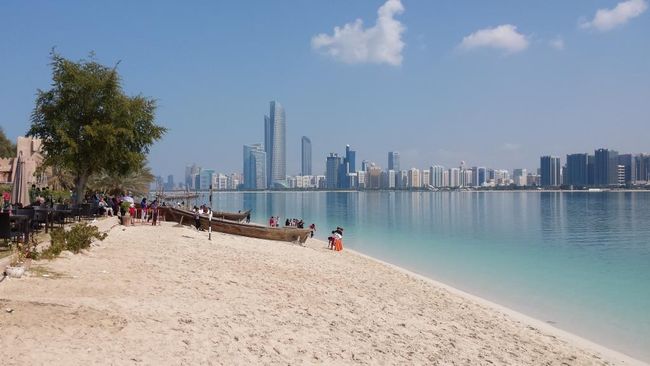
Syýahat hasabaty Birleşen Arap Emirlikleri
